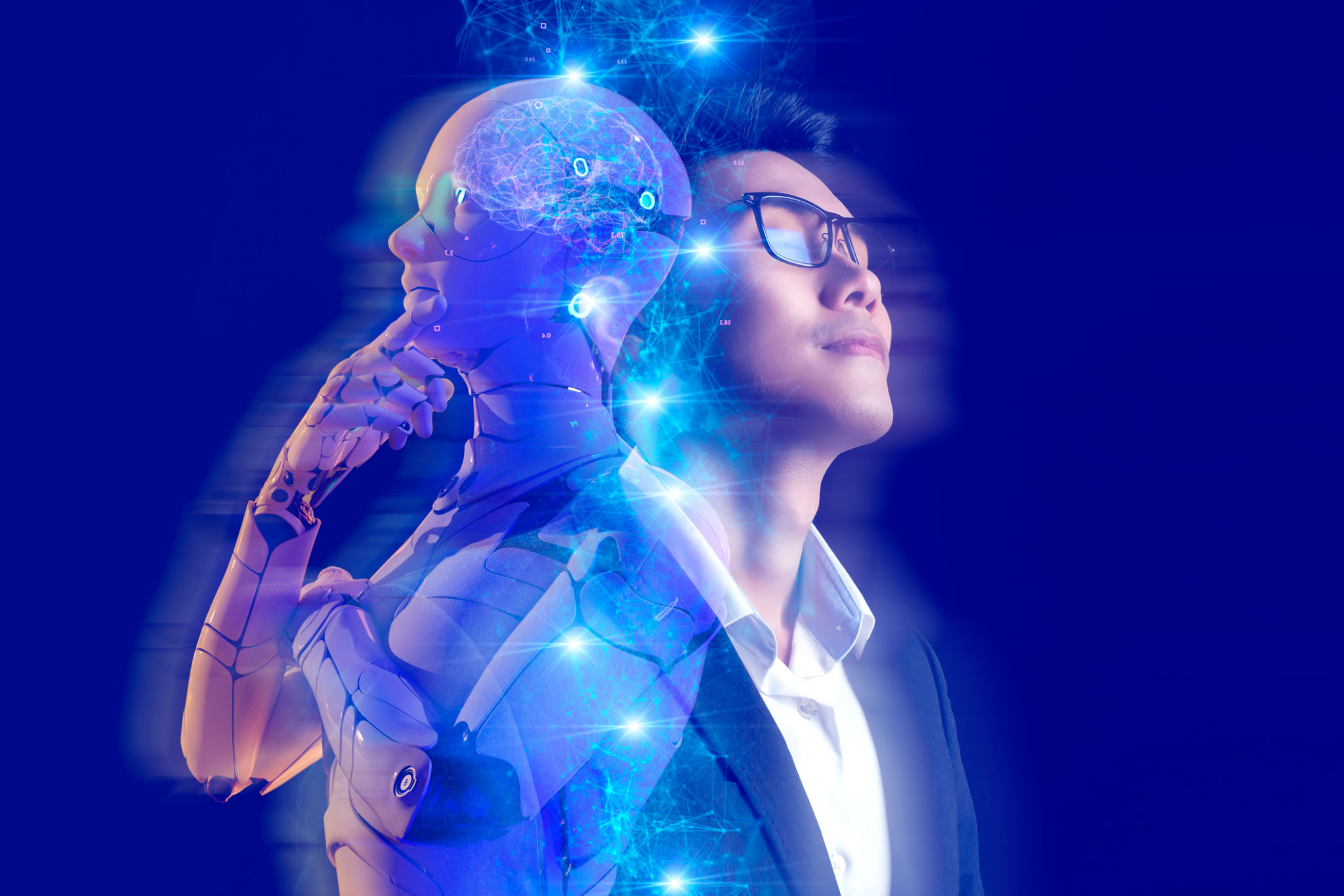Boost Your HR Efficiency Using AI: A Comprehensive Guide
Understanding AI in HR
Artificial Intelligence is no longer just a buzzword. It has become a transformative force in various business functions, including Human Resources. By automating routine tasks, AI allows HR professionals to focus on more strategic roles. Whether it's talent acquisition or employee engagement, AI tools are revolutionizing how HR departments operate.

The Role of AI in Recruitment
Recruitment is one of the most labor-intensive processes in HR. However, AI can streamline this by automating the screening of resumes and identifying the best candidates for the job. AI algorithms analyze vast amounts of data, quickly highlighting applicants that match job requirements. This not only saves time but also reduces human bias in the selection process.
Additionally, AI-powered chatbots can handle initial communications with candidates, answering common questions and scheduling interviews. This ensures a smoother and more efficient recruitment process, enhancing the candidate experience.
Enhancing Employee Engagement
Employee engagement is crucial for retaining talent and maintaining productivity. AI tools can help HR professionals gauge employee satisfaction through sentiment analysis of feedback and surveys. They can also predict potential issues before they escalate, allowing HR to intervene proactively.

Furthermore, AI-driven platforms can provide personalized learning and development opportunities, ensuring that employees are continually growing and engaged in their roles.
Optimizing Performance Management
Performance management can be a cumbersome process, but AI can simplify it by offering real-time analytics and insights. These insights allow for continuous feedback instead of traditional annual reviews, fostering a culture of constant improvement. AI tools can identify patterns and suggest developmental paths tailored to each employee's needs.
Streamlining Administrative Tasks
HR departments often juggle numerous administrative tasks, from payroll processing to compliance tracking. AI can automate many of these functions, reducing errors and freeing up HR professionals to focus on strategic initiatives. For instance, AI systems can handle data entry, monitor compliance changes, and even manage benefits administration.

Improving Decision-Making
AI enhances decision-making by providing data-driven insights that allow HR leaders to make informed decisions. Predictive analytics can identify trends and forecast future workforce needs, helping organizations plan more effectively. Whether it's assessing the impact of a new policy or optimizing resource allocation, AI provides the necessary data to back up these decisions.
Challenges and Considerations
While the benefits of AI in HR are numerous, there are challenges to consider. Data privacy and ethical use of AI are significant concerns that companies must address. It's crucial to ensure transparency in how AI algorithms work and to maintain a human touch in HR processes.
Investing in training for HR professionals to effectively use AI tools is also essential. Understanding the limitations and strengths of these technologies will help organizations maximize their potential.
The Future of AI in HR
The integration of AI in HR is just beginning. As technology evolves, so will its applications in managing human capital. Organizations that embrace AI now will likely lead the way in creating more efficient and dynamic workplaces. By leveraging AI's capabilities, companies can boost their HR efficiency while enhancing employee satisfaction and driving overall business success.
